|
LISTEN TO THIS THE AFRICANA VOICE ARTICLE NOW
Getting your Trinity Audio player ready...
|
This year’s Labour Day celebrations at Nairobi’s historic Uhuru Gardens took a dramatic turn when veteran trade unionist Francis Atwoli used his platform not to champion workers’ rights, but to call for a government clampdown on social media.
Addressing a packed audience, including President William Ruto and top political figures, the fiery Central Organisation Trade Union of Kenya (COTU) Secretary-General urged the Head of State to emulate China by regulating online platforms. Atwoli argued that social media has become a toxic space that undermines patriotism and national unity.
What followed was an immediate political earthquake. Within minutes, Kenyans on social media went after Atwoli, accusing him of siding with repression at a time when public trust in government is already hanging by a thread.
Kenyan social media blogger and influencer Cyprian, Is Nyakundi posted a poll on his powerful X account, with more than 1 million followers, asking a simple question. “Should Francis Atwoli Retire from COTU?” An overwhelming 93 percent of participants voted “Yes,” while only 7 percent voted “No.” Almost 22,000 X accounts responded to the poll question.
Atwoli seeks re-election to serve a sixth, five-year term as COTU Secretary General. He has been SG since 2001 and has garnered support from COTU’s executive committee members.
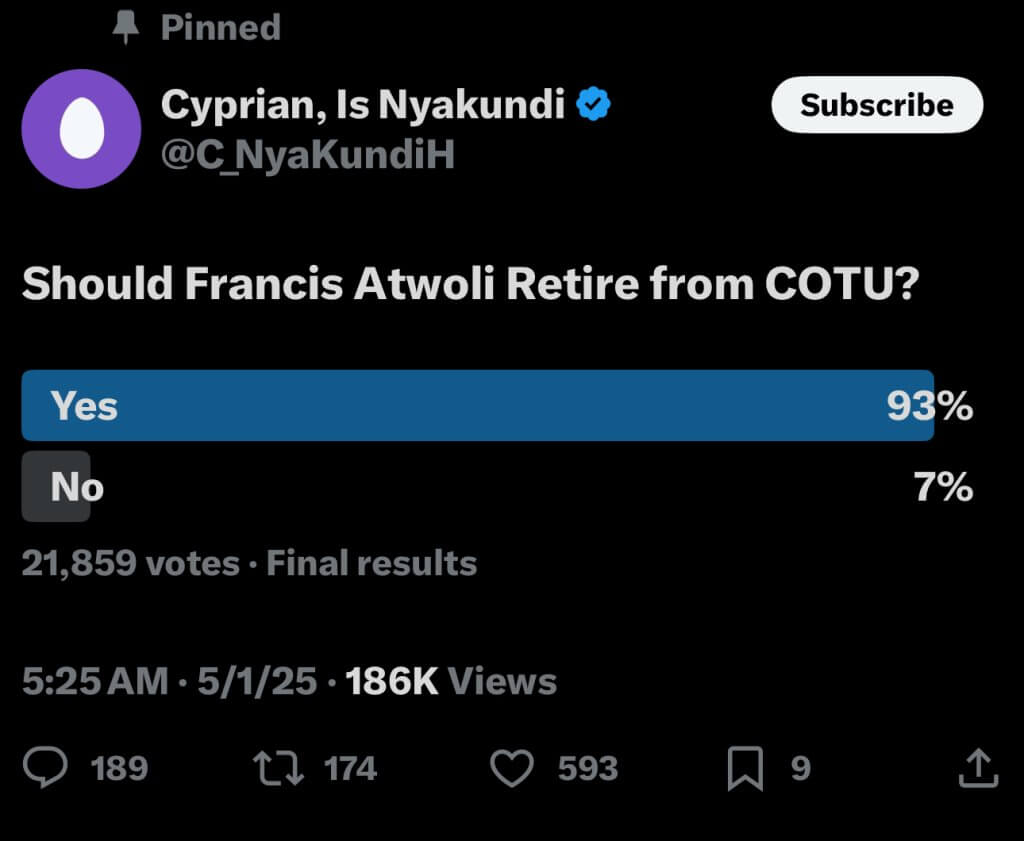
Why It Hit a Nerve
Atwoli’s remarks weren’t just badly timed. They struck at the heart of a national crisis. Kenya is still reeling from the aftershocks of the June 25 Gen Z-led protests, during which thousands of young people took to the streets to reject the Finance Bill 2024.
What made those protests extraordinary was their spontaneity and coordination, organized almost entirely online. It was a political awakening driven by TikTok videos, Instagram infographics, X-Spaces, and WhatsApp broadcasts.
So when Atwoli called for social media to be “tamed,” it wasn’t just a comment. It was a threat to the last remaining space where young Kenyans feel seen, heard, and politically powerful.
For many, it sounded like a green light to crack down on digital dissent. And in a country where peaceful protesters have allegedly been arrested, harassed, or gone missing, the timing could not have been more provocative.
Atwoli cited China, a country known for its sweeping censorship, surveillance systems, and digital firewalls, as a model for Kenya. The analogy couldn’t have been worse.
Opposition leaders, legal activists, and even some union members expressed dismay. “Atwoli should be fighting for freedom, not censorship,” one X user wrote. “He’s forgotten who he’s supposed to be protecting.”
Behind the noise of hashtags and headlines lies a darker truth. Since the June protests, dozens of youth activists have allegedly been abducted or detained, with their families left in anguish and uncertainty.
Civil society groups say these disappearances are not isolated, they’re part of a pattern meant to intimidate. Atwoli’s comments, they argue, may add fuel to an already dangerous fire.
Is This Government Policy?
The Ruto administration has yet to comment directly on Atwoli’s proposal. But many Kenyans worry that his remarks are a trial balloon; testing how far the state can go in controlling online speech without sparking mass unrest.
Digital rights defenders are on high alert, warning of possible amendments to cybercrime laws that could criminalize criticism or tighten surveillance in the name of ‘national security.’
Atwoli may have hoped to rally support for ‘order’ and ‘discipline.’ Instead, he has become a lightning rod for a generational divide.
To older leaders, social media represents chaos. But to Kenya’s youth; the same group that powered last year’s protests, it is a vital tool for civic action, connection, and resistance.
In a country where institutions often fail to listen, the internet has become the microphone of the marginalized.

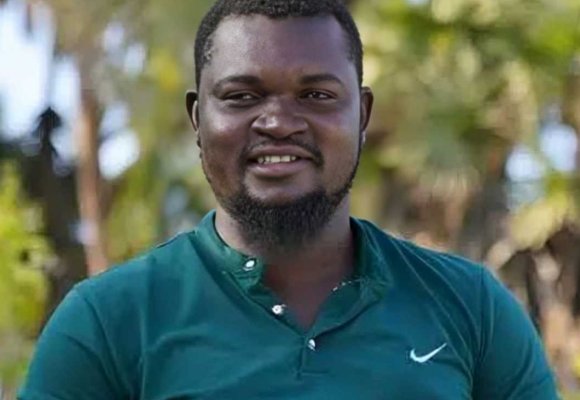

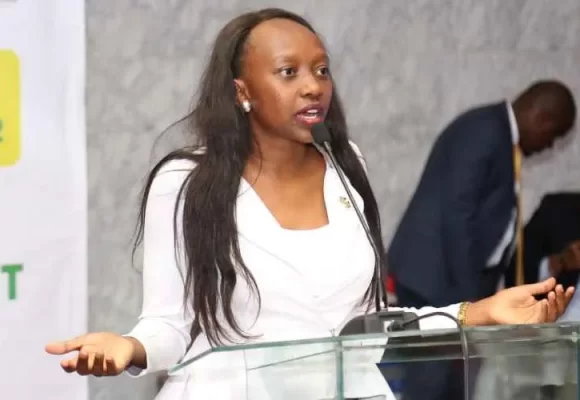
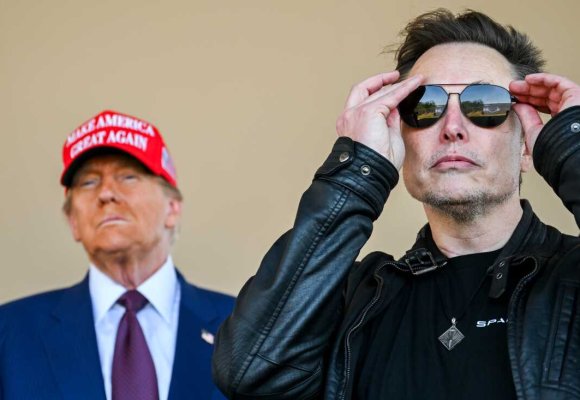
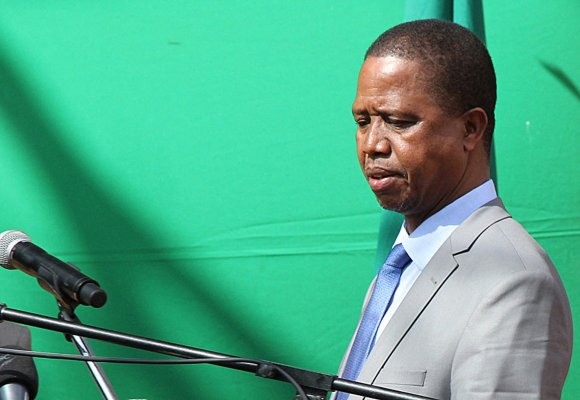
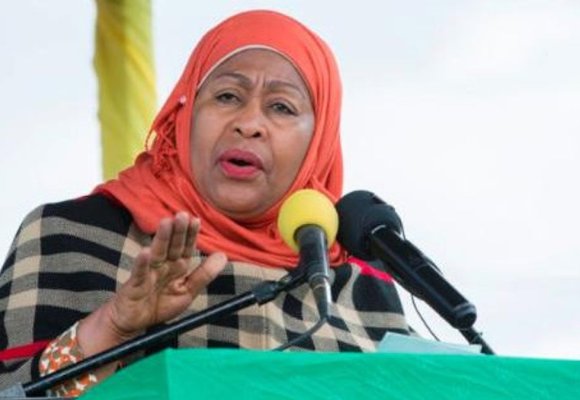
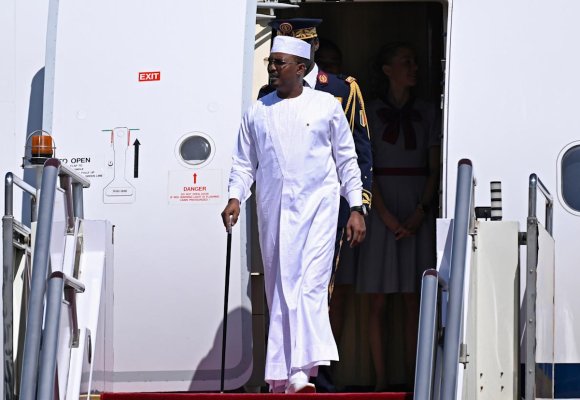

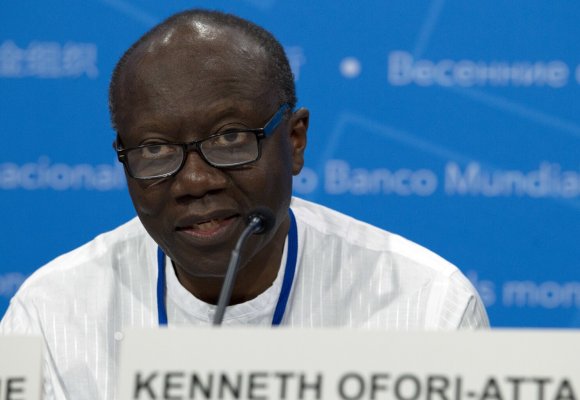
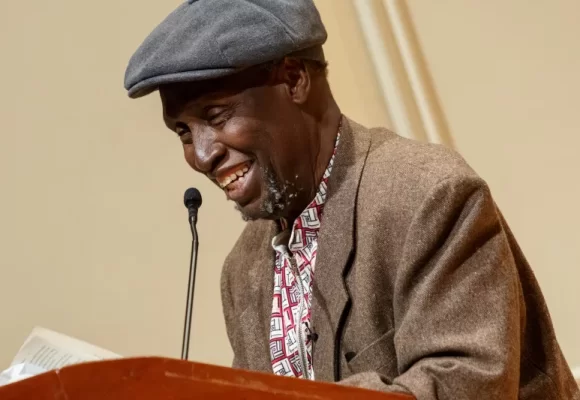
LEAVE A COMMENT
You must be logged in to post a comment.